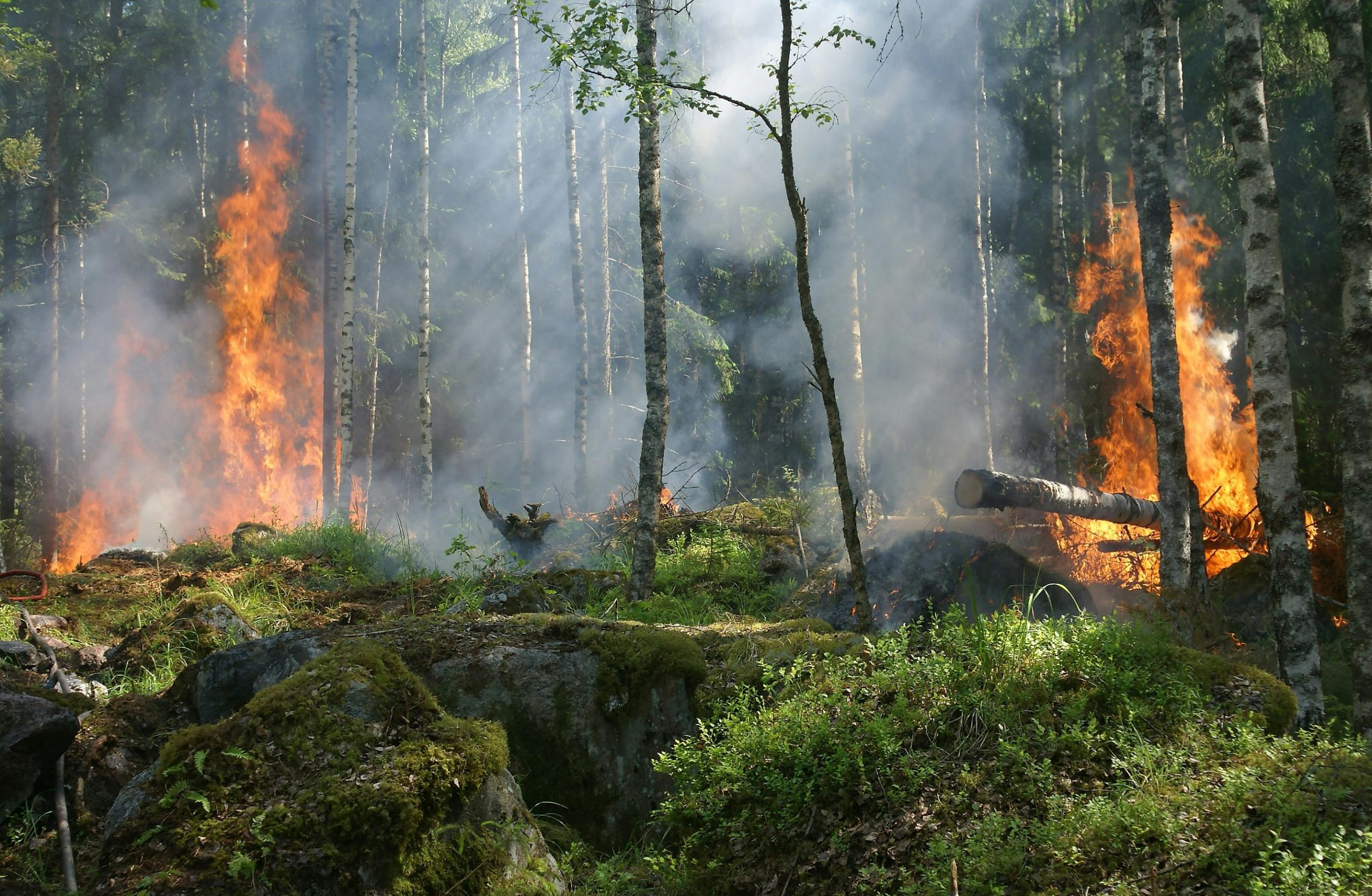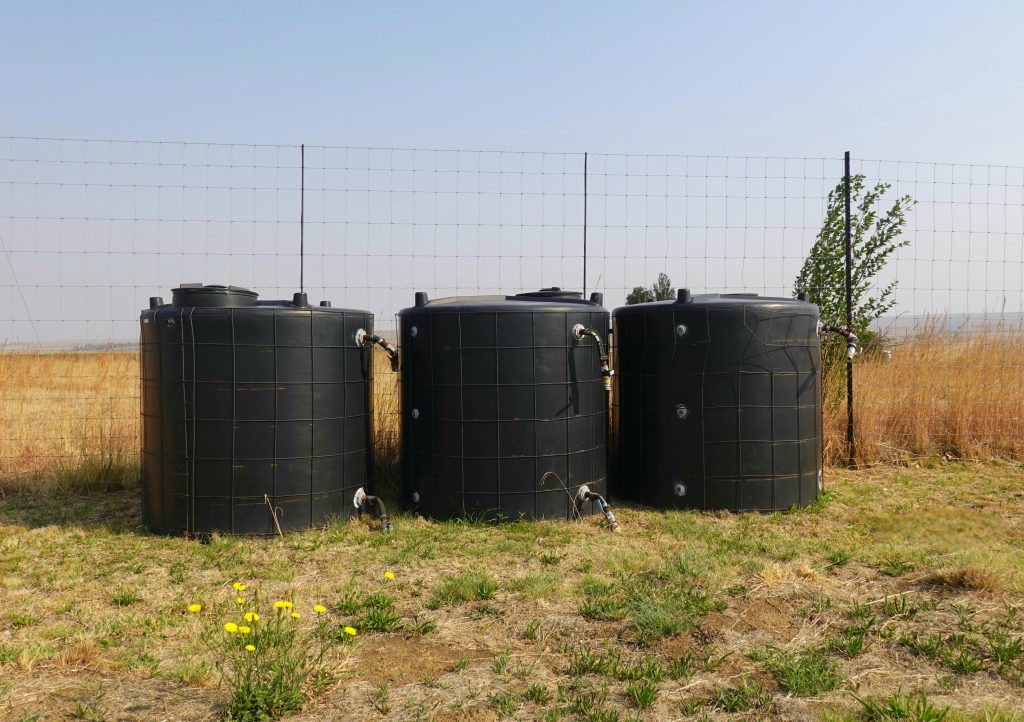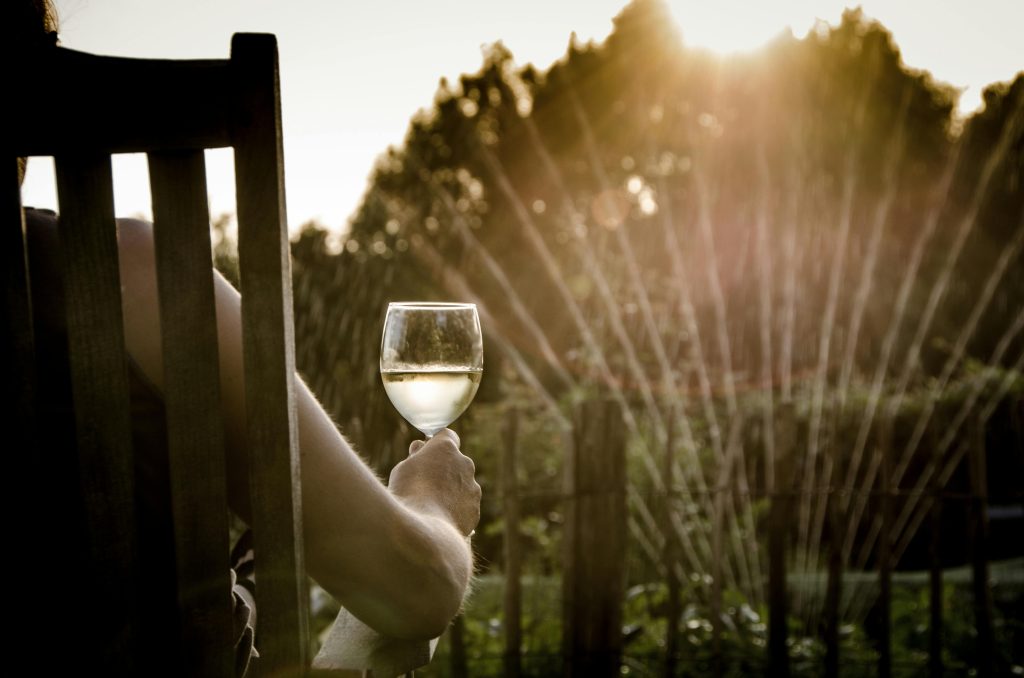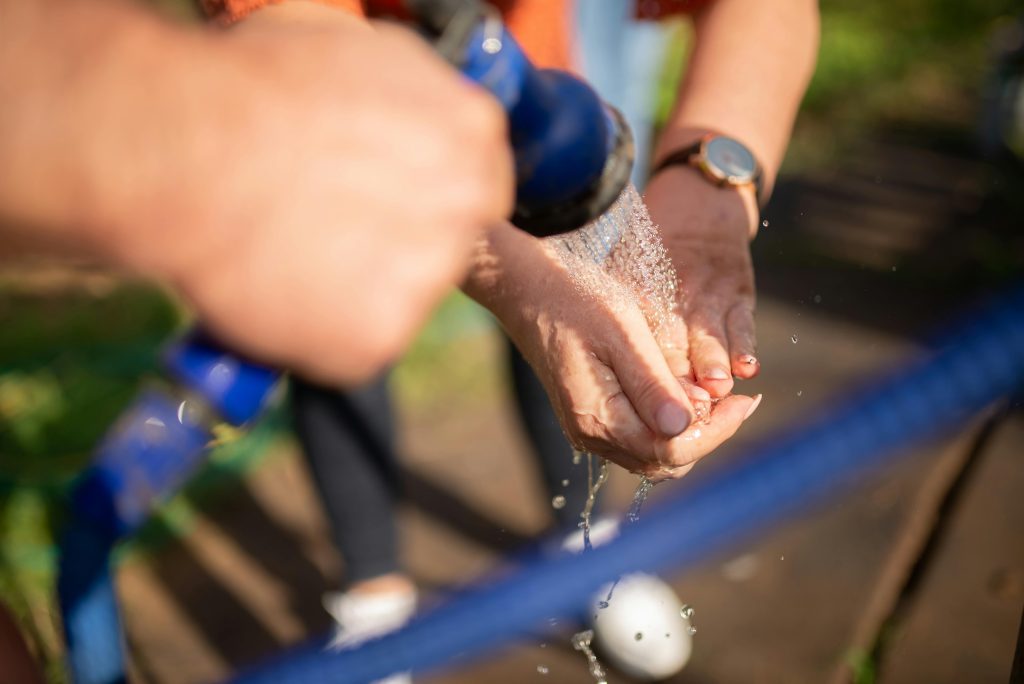
Portugal, known for its breathtaking landscapes and sprawling vineyards, has faced severe wildfires in recent years. This past season, several regions saw devastating fires, and the situation grew even more critical when public water supplies and electricity failed. People were left with little to no means of defending their properties. Those relying on electric pumps for their wells found themselves powerless, literally and figuratively. As climate change continues to intensify, it’s crucial to prepare for future wildfires by taking practical steps to safeguard your life, home, and vineyard.
The Reality of Recent Wildfires
In 2024, Portugal experienced one of the worst wildfire seasons in its recent history. With scorching temperatures, high winds, and extremely dry conditions, fires swept across vast regions, leaving destruction in their wake. Public services such as water and electricity, crucial for fire defense, were unavailable in many places. Residents in the path of these wildfires found themselves without water to fight the flames, and those who had private wells reliant on electric pumps were similarly left helpless.
For vineyards, which are not only businesses but often family legacies, the fires posed an existential threat. Grapevines are highly susceptible to fire damage, and without adequate water supply, there was no way to protect them. The lessons from these tragedies are clear: Preparation is not just a good idea—it’s essential.
What Went Wrong: Water and Power Failures
The collapse of public water and electricity during wildfires in Portugal amplified the already dangerous situation. Here’s why these failures were so catastrophic:
- Water Shortages: Firefighters and residents alike rely on water to combat wildfires. When public water supplies are compromised, there’s little to no defense against advancing flames. In rural areas, where water infrastructure can be less robust, the lack of water became a matter of life and death.
- Electricity Outages: Most wells in rural Portugal operate using electric pumps. When the power went out, residents with their own water supplies were unable to access them. This left many homes and vineyards entirely unprotected, as there was no way to pump water to douse the flames.
How to Prepare for Future Wildfires
Although fires are unpredictable, you can take steps to be better prepared in the event that public utilities fail again. Let’s look at how you can protect your property, vineyard, and most importantly, your life.

1. Install a Water Tank
One of the most effective ways to prepare for a wildfire is to ensure you have access to a large, independent water source. Installing a water tank on your property is an excellent solution. Water tanks provide a reliable supply of water in case public services fail. During a fire, having thousands of liters of water at your disposal can make all the difference.
Pro Tip: Make sure the water tank is located in an easily accessible part of your property. Firefighters will often use water tanks to supplement their resources, so positioning it in a clear, visible spot could help both you and them in an emergency.
2. Use a Gasoline-Powered Water Pump
Since many wells rely on electric pumps, a power outage can cut off your access to water. The solution? Invest in a gasoline-powered water pump. Unlike electric pumps, these pumps don’t rely on the grid and can function even during blackouts. This allows you to draw water from your well or tank to protect your property when it matters most.
Why Gasoline? Gasoline-powered pumps are portable and provide consistent pressure, making them ideal for fire emergencies. Ensure you have enough gasoline stored safely so you can operate the pump if needed.
3. Create a Defensible Space Around Your Property
Defensible space refers to the area around your home or vineyard that is cleared of vegetation and flammable materials. This space acts as a buffer, reducing the likelihood of fire spreading directly to your property.
To create a defensible space:
- Remove dead plants, dry leaves, and branches at least 30 meters from your house or vineyard.
- Keep grass trimmed low, and prune trees to prevent flames from climbing.
- Clear flammable items such as firewood, propane tanks, or wooden outdoor furniture away from your home.
Defensible space not only protects your home but also gives firefighters a safer area to work in if they come to defend your property.

4. Consider Fire-Resistant Building Materials
If you’re in the process of building or renovating your home or wine cellar, use fire-resistant materials. Metal roofs, brick walls, and tempered glass windows can withstand extreme heat far better than traditional materials like wood or asphalt.
Additionally, fire-resistant paints and coatings are available for both the interior and exterior of homes. These materials slow down the spread of fire, giving you more time to act.
5. Install Fire-Resistant Landscaping
Your garden or vineyard doesn’t have to be a fire risk. By choosing fire-resistant plants and designing your landscape wisely, you can create an environment that minimizes fire hazards.
Opt for:
- Succulents: These water-storing plants have high moisture content, making them less flammable.
- Deciduous trees: Unlike evergreens, which burn quickly, deciduous trees tend to be more fire-resistant. Their broader leaves and higher moisture content help slow the spread of flames.
- Non-flammable ground cover: Use materials like gravel or stone for paths and garden beds, rather than flammable mulch.
6. Develop an Emergency Plan
An emergency plan is crucial for any property in a fire-prone area. Outline specific steps to take if a wildfire is approaching, including:
- How to quickly evacuate yourself, your family, and any pets.
- Where to go if you need to leave your home.
- A checklist of essential items to grab, such as important documents, water, first-aid supplies, and medications.
If you own a vineyard, your plan should also include steps for safeguarding your vines as much as possible, like watering them down or moving irrigation systems to protect the most vulnerable areas.

Protecting Your Vineyard from Fire
Vineyards, being open land with plenty of vegetation, are naturally at risk during wildfires. While it may not always be possible to save every vine, certain actions can help minimize damage and potentially save parts of your vineyard.
1. Install Irrigation Systems
An efficient irrigation system can do more than just water your vines—it can serve as a firefighting tool in an emergency. Sprinklers and drip systems can keep the soil and plants moist, reducing the chances of fire spreading through your vineyard.
Consider setting up an irrigation zone dedicated to firefighting purposes, and ensure that the system can be powered by your gasoline pump in the event of an electrical outage.
2. Create Firebreaks
A firebreak is a gap in vegetation or other combustible material that acts as a barrier to slow or stop the progress of a wildfire. In a vineyard, this could mean removing vines, dry grass, and bushes from strategic areas to create defensible zones that can halt or slow a fire’s spread.
Plow or mow strips of land between vine rows or along the borders of your property to act as firebreaks. Keep these areas clear of debris and regularly maintain them to ensure they remain effective.
3. Train Your Staff
If you run a commercial vineyard, make sure your staff is trained in fire safety. Everyone should know how to use the firefighting equipment on hand, including the gasoline-powered pump, water hoses, and sprinklers.
Offer annual fire safety training, including drills, to prepare for the possibility of a fire. This ensures that if a fire does break out, everyone knows what to do to protect the vines and themselves.
Conclusion: Be Prepared, Stay Safe
Wildfires are a harsh reality for many regions in Portugal, and they show no signs of slowing down. However, with proper preparation, you can protect your home, vineyard, and most importantly, your life. By installing a water tank, using a gasoline-powered pump, and creating defensible space around your property, you’ll be better equipped to face future fire seasons with confidence.
Whether you’re protecting a family home or an expansive vineyard, taking these steps now will help ensure that you and your property stay safe when the next fire strikes.